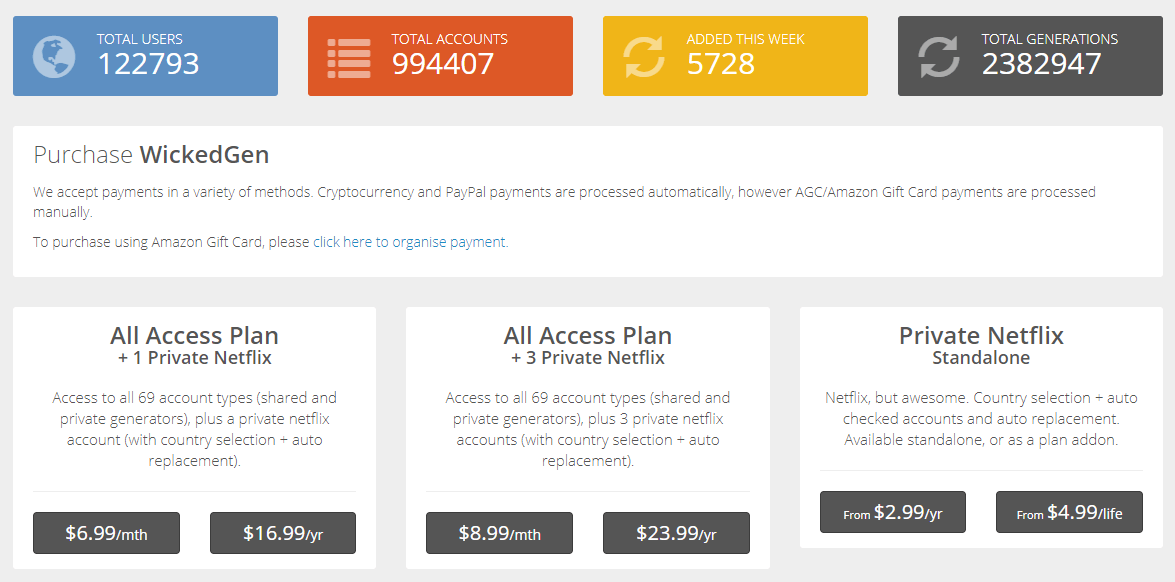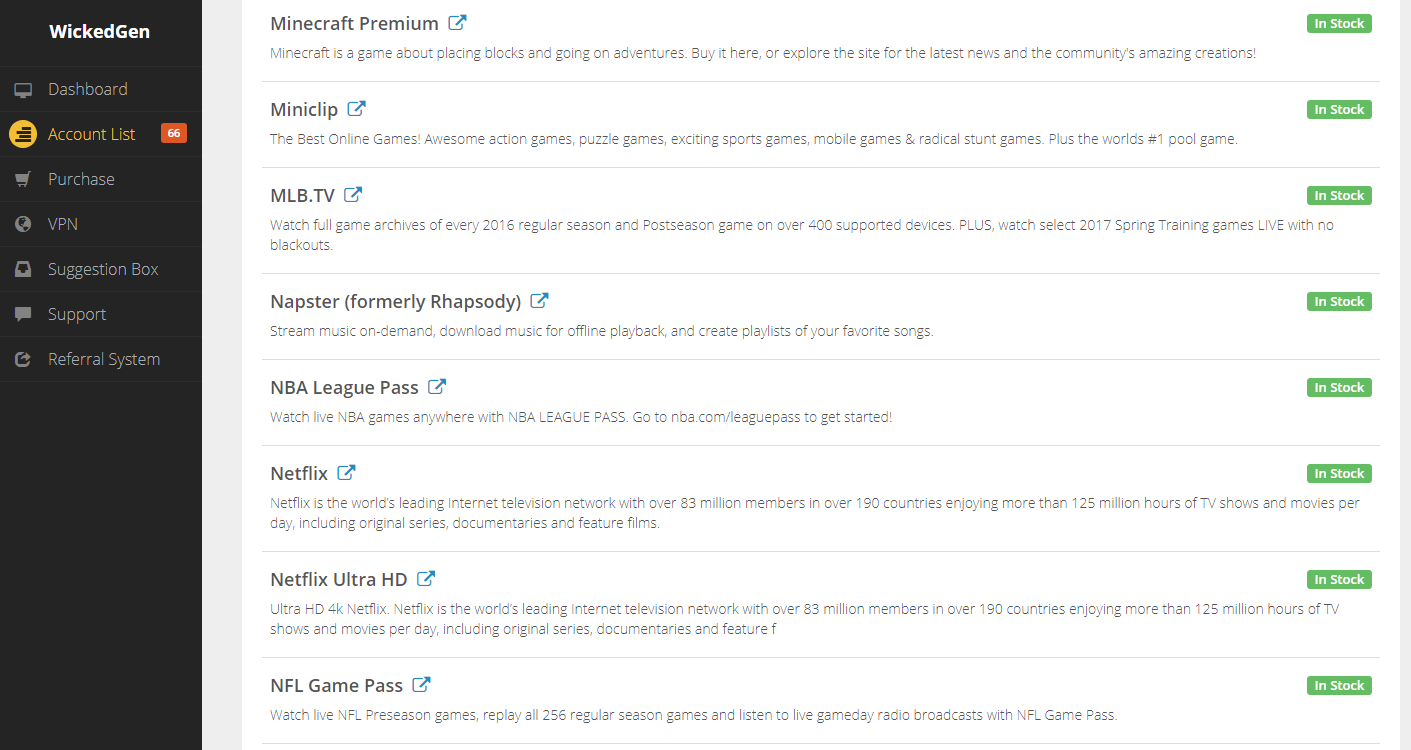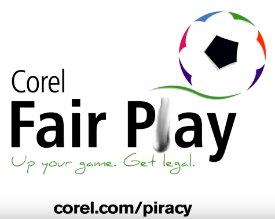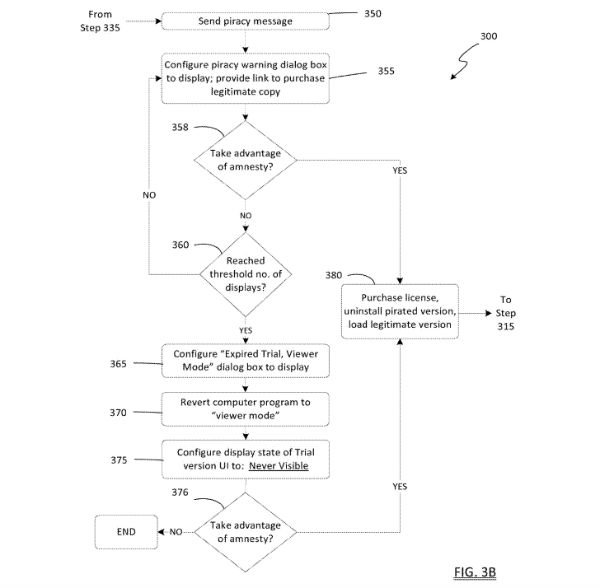Top 10 Most Popular Torrent Sites of 2018
dimanche 7 janvier 2018 à 19:22 Torrent sites have come and gone over past year. Now, at the start of 2018, we take a look to see what the most-used sites are in the current landscape.
Torrent sites have come and gone over past year. Now, at the start of 2018, we take a look to see what the most-used sites are in the current landscape.
The Pirate Bay remains the undisputed number one. The site has weathered a few storms over the years, but it looks like it will be able to celebrate its 15th anniversary, which is coming up in a few months.
The list also includes various newcomers including Idope and Zooqle. While many people are happy to see new torrent sites emerge, this often means that others have called it quits.
Last year’s runner-up Extratorrent, for example, has shut down and left a gaping hole behind. And it wasn’t the only site that went away. TorrentProject also disappeared without a trace and the same was true for isohunt.to.
The unofficial Torrentz reincarnation Torrentz2.eu, the highest newcomer last year, is somewhat of an unusual entry. A few weeks ago all links to externally hosted torrents were removed, as was the list of indexed pages.
We decided to include the site nonetheless, given its history and because it’s still possible to find hashes through the site. As Torrentz2’s future is uncertain, we added an extra site (10.1) as compensation.
Finally, RuTracker also deserves a mention. The torrent site generates enough traffic to warrant a listing, but we traditionally limit the list to sites that are targeted primarily at an English or international audience.
Below is the full list of the ten most-visited torrent sites at the start of the new year. The list is based on various traffic reports and we display the Alexa rank for each. In addition, we include last year’s ranking.
Most Popular Torrent Sites
1. The Pirate Bay
The Pirate Bay is the “king of torrents” once again and also the oldest site in this list. The past year has been relatively quiet for the notorious torrent site, which is currently operating from its original .org domain name.
Alexa Rank: 104/ Last year #1
2. RARBG
RARBG, which started out as a Bulgarian tracker, has captured the hearts and minds of many video pirates. The site was founded in 2008 and specializes in high quality video releases.
Alexa Rank: 298 / Last year #3
3. 1337x
1337x continues where it left off last year. The site gained a lot of traffic and, unlike some other sites in the list, has a dedicated group of uploaders that provide fresh content.
Alexa Rank: 321 / Last year #6
4. Torrentz2
Torrentz2 launched as a stand-in for the original Torrentz.eu site, which voluntarily closed its doors in 2016. At the time of writing, the site only lists torrent hashes and no longer any links to external torrent sites. While browser add-ons and plugins still make the site functional, its future is uncertain.
Alexa Rank: 349 / Last year #5
5. YTS.ag
YTS.ag is the unofficial successors of the defunct YTS or YIFY group. Not all other torrent sites were happy that the site hijacked the popuar brand and several are actively banning its releases.
Alexa Rank: 563 / Last year #4
6. EZTV.ag
The original TV-torrent distribution group EZTV shut down after a hostile takeover in 2015, with new owners claiming ownership of the brand. The new group currently operates from EZTV.ag and releases its own torrents. These releases are banned on some other torrent sites due to this controversial history.
Alexa Rank: 981 / Last year #7
7. LimeTorrents
Limetorrents has been an established torrent site for more than half a decade. The site’s operator also runs the torrent cache iTorrents, which is used by several other torrent search engines.
Alexa Rank: 2,433 / Last year #10
8. NYAA.si
NYAA.si is a popular resurrection of the anime torrent site NYAA, which shut down last year. Previously we left anime-oriented sites out of the list, but since we also include dedicated TV and movie sites, we decided that a mention is more than warranted.
Alexa Rank: 1,575 / Last year #NA
9. Torrents.me
Torrents.me is one of the torrent sites that enjoyed a meteoric rise in traffic this year. It’s a meta-search engine that links to torrent files and magnet links from other torrent sites.
Alexa Rank: 2,045 / Last year #NA
10. Zooqle
Zooqle, which boasts nearly three million verified torrents, has stayed under the radar for years but has still kept growing. The site made it into the top 10 for the first time this year.
Alexa Rank: 2,347 / Last year #NA
10.1 iDope
The special 10.1 mention goes to iDope. Launched in 2016, the site is a relative newcomer to the torrent scene. The torrent indexer has steadily increased its audience over the past year. With similar traffic numbers to Zooqle, a listing is therefore warranted.
Alexa Rank: 2,358 / Last year #NA
—
Disclaimer: Yes, we know that Alexa isn’t perfect, but it helps to compare sites that operate in a similar niche. We also used other traffic metrics to compile the top ten. Please keep in mind that many sites have mirrors or alternative domains, which are not taken into account here.
Source: TF, for the latest info on copyright, file-sharing, torrent sites and more. We also have VPN discounts, offers and coupons

 Ten years ago, November 2007 to be precise,
Ten years ago, November 2007 to be precise, 



 In recent years we have covered a wide range of newly-assigned patents with a clear anti-piracy angle.
In recent years we have covered a wide range of newly-assigned patents with a clear anti-piracy angle.